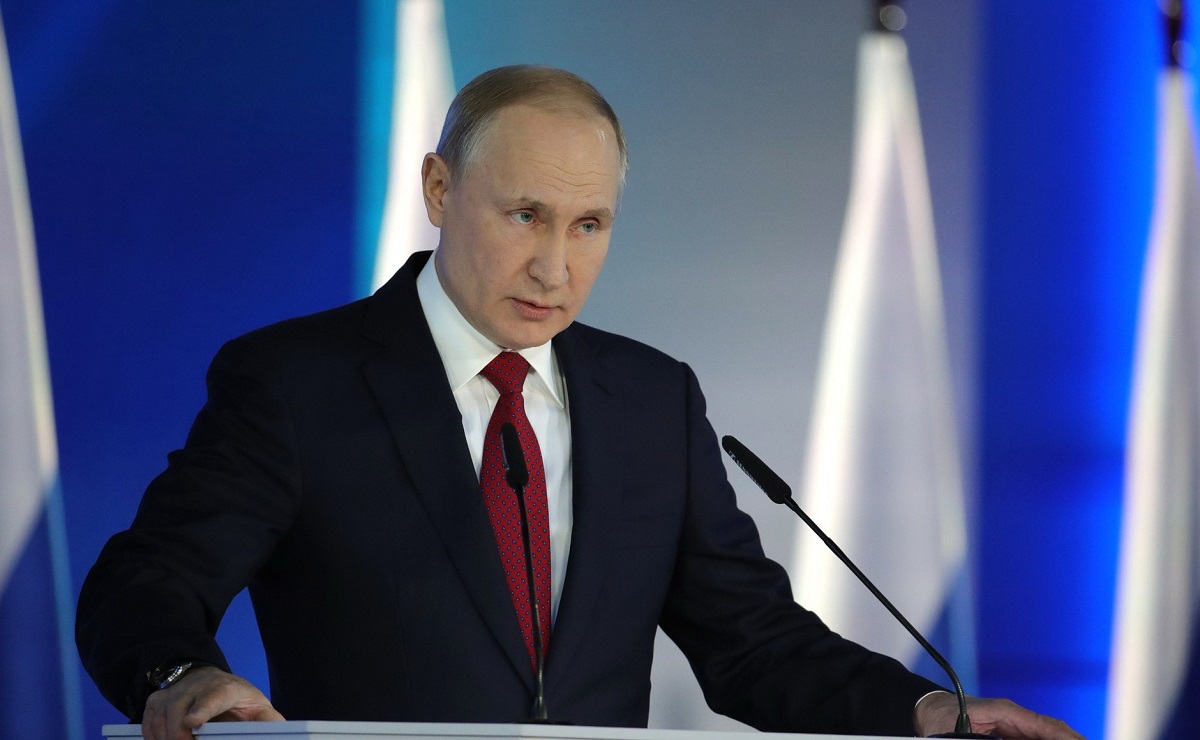Despite everything, Belarus is still the most stable country among those of the former Soviet Union. President Alexander Lukashenko, in power since 1994, has never divided power between “oligarchs” like Russian president Vladimir Putin; instead, he transferred the entire State economy system into a new political system led by himself.
Mr Lukashenko enjoys a level of economic independence greater than the Russian Federation’s, where Mr Putin must keep his oligarchs in the loop. For instance, BelAZ, the Belarusian company producing excavation machinery, controls roughly 30% of that global market and enjoys many openings in Western markets.
Belarus and Russia share an intertwined history and geographical proximity, but the “simple and pacific” relation between them is just a construct of mainstream Western media. Following the 2014 crisis in Ukraine, Minsk has been progressively reducing its economic (and thus political) dependency from Moscow.
Consequently, Mr Lukashenko has been looking East. Back then, China was evaluating whether to include Belarus in its Belt and Road (BRI) initiative instead of Ukraine, which was torn between the EU and Russia. The reasons for strengthening Sino-Belarusian relationships were several and appealing.
Before 2014, China was playing all of its cards in Ukraine; now, after Russian and Western actions there, Beijing is looking at Minsk as its geopolitical holy grail. Chinese president Xi Jinping has called Belarus “the pearl of the BRI” as the bilateral trade between the two countries rises by double digits yearly.
Belarus obtained a string of loans from the China Development Bank; one, approved in October 2019, amounted to $500 million, whereas the equivalent Russian loan never made it to Minsk. Another two financed the Belarusian Central Bank reserves and railways.
Meanwhile, Mr Putin would obviously like to incorporate the independentist country into Russia’s orbit – but he stands the growing Chinese influence in Belarus because, if anything, it’s better than the European equivalent. Still, he grows wary of the increasing Belarusian opening to Western markets, which is strengthened by the BRI.
Today, a revolt is underway in Belarus following Mr Lukashenko’s contested win. According to official results, he won 80.23% of the votes – even faked votes cannot be that high. Minsk services calculate his actual approval rate at 48%, with the rest somewhere between the revolt and deaf opposition to the regime. Still, security forces in Minsk have imprisoned 3,000 protest leaders.
These protests were ignited by several sound reasons: his regime’s grave inefficiency in responding to the Covid-19 pandemic; the great efficiency of the social media coordinated protests, a clear sign of a Western hand; the regime’s attacks against opposers and the police brutality, during and after the electoral campaign, that have inevitably catalysed the response; the regime’s ban on subsequent electoral statistics following the election; the arrest of bloggers, candidates, influencers and “militants”, which were all primers to the protesters’ rage.
These YouTube and web personalities had become a steady and reliable source of information for Belarusians, together with Radio Free Europe/Belarus and BelSat, both Warsaw-based. The Telegram channel with 1.5 million users that was instrumental in organising and directing protests (especially when Mr Lukashenko blocked the internet) was also operated from a small office in Warsaw, NEXTA, which does not need ad money as it is well-financed by conceivably Western “anonymous individuals”.
Still, Mr Lukashenko paid close attention to the many security service members and public officials expressing sympathy to protests on social media. Many soldiers had also taken part in manifestations in favour of his opponent, Svetlana Tsikhanouskaya. This has led the president to crack down on “foreign interference”, culpable of stirring malcontent, according to him; chiefly, USA, Russia and Poland.
While campaigning before the elections, Mr Lukashenko had accused Moscow of conspiring to carry out a “coup” (without ever explicitly mentioning Russia). He also accused, more generally, “foreign forces” which “go beyond coloured elections” – a warning to both Russia and NATO.
Still, with the protests underway, Mr Lukashenko requested and obtained from Mr Putin military support, albeit only theoretically so far. The latter probably prefers to serve his own interest by maintaining the “Gorbachev-like” former leader in his place while weakening his leadership and strengthening the Russian influence in Belarus.
For Moscow, this option is far easier (and less prone to conflict-stirring) than that of installing a brand-new figure. It is also safe to assume that Russia will not want to intervene in Belarus unless it sees Western intervention; Mr Putin’s preferred path is surely an EU-Russia collaboration to resolve the situation.
Meanwhile, Poland’s game is that of avoiding a combined Russia-Belarus threat, which could lead to a military corridor through Minsk straight to Warsaw – much in the same way Moscow doesn’t want Minsk to getting too cosy with the EU and eventually becoming a NATO penetration platform in the post-Soviet space.
Of course, this is all happening with the tacit support of China, maybe even through economical support. Beijing surely does not want to clash with the EU (or NATO) and neither the end of Belarus’ autonomy from the Russians.
So, there you have it: China’s (economic) protection of Belarus, which in turn is caught in a balancing act between Russia and the West.
(This article was translated and edited for the sake of clarity, readability and brevity by Otto Lanzavecchia. Here is the original version in Italian)








